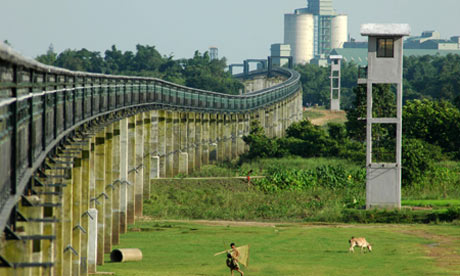
New Delhi, Aug 21 : The Supreme Court today appointed a two-member mediation team to examine the border dispute between Assam and Nagaland but rejected the plea for for recusal of Justice Tarun Chatterjee from being the chairperson of the "Local Commission" constituted to resolve the row. The apex court said the mediators comprising senior advocates Sriram Panchu and Nirjan Bhat would submit...













